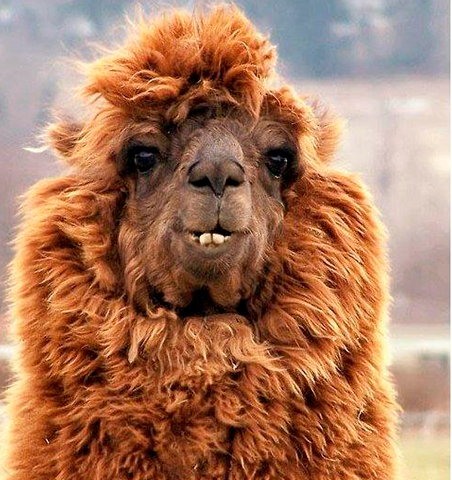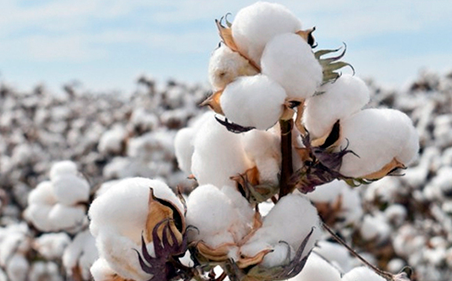Alpaca wool is rated as one of the best in the world. The length of the fiber determines how smooth and silky it feels on the skin. It is warmer, stronger and more durable than other wool. Hypoallergenic, light weight and resistant to dirt.
The garments that we produce from Alpaca are made of natural fiber. They are fine and delicate so they need to be washed with special care, dry clean so that they do not lose their original shape.
In case you decide to wash by hand you must do it carefully. Use only cold water and immerse the garment in an appropriately sized container. Use very mild soap or shampoo and rub lightly with your hands. Let it soak for about 2 to 3 minutes and then rinse the garment in cold water. Drain the water on a towel by placing it on a flat surface. Never twist or squeeze the garment. Never use hot water. Let it dry in the shade. Never put it in the sun.
Do not use bleach or bleach. Only very soft steam iron at 1 cm high. Do not iron. Do not hang your garment wet.
Woven baby alpaca scarves, shawls, ruanas and blankets are pre-washed, softened, rinsed and steamed for immediate use.
Only machine wash on wool cycle with mild soap or shampoo. Never use the drying option. Gently press the alpaca garment to remove the water. Steam 1 centimeter away from the garment with the warm steam iron.
We recommend dry-cleaning your Alpaca garment to keep the colors and the fabric in good condition.
Your local dry cleaner or laundry should not use bleach or harsh chemicals. Only spray 1 centimeter or more above the garment. Use very mild steam. Do not iron.
It is not recommended to hang the alpaca garment on a metal or wooden hanger without padding because it can stretch. It is better to fold it and store it in a ventilated place so that the fiber can breathe. Dehumidifying tablet can be used in humid climates.
Alpacas are animals that inhabit the high areas of the Peruvian Altiplano. They live in herds and feed on the Hichu which is a natural grass that grows only in those areas around 4,000 meters of altitude. The wool is sheared to transform it into fleece after classifying it according to its fineness. The women of the Peasant Communities in these areas receive certified training to carry out the work of sorting the alpaca fiber. They do not pollute the environment because they do not use chemicals for the classification of wool. Care is taken that the animal does not suffer in this process. It seeks to improve the life of the alpacas to have a greater number of animals in breeding and improve the wool. The High Andean Communities improve their income to have a better quality of life.
The weaving groups in the South of Peru that are our main friends and collaborators work in clean and well ventilated environments since they are in rural areas.
The groups of knitting mothers carry out their work by hand with determination and enthusiasm using different techniques. They are supported with jobs they do in their homes. They learn to knit neatly and cleanly to meet deadlines.
Let's protect the pollution-free Planet Earth for a better future.


